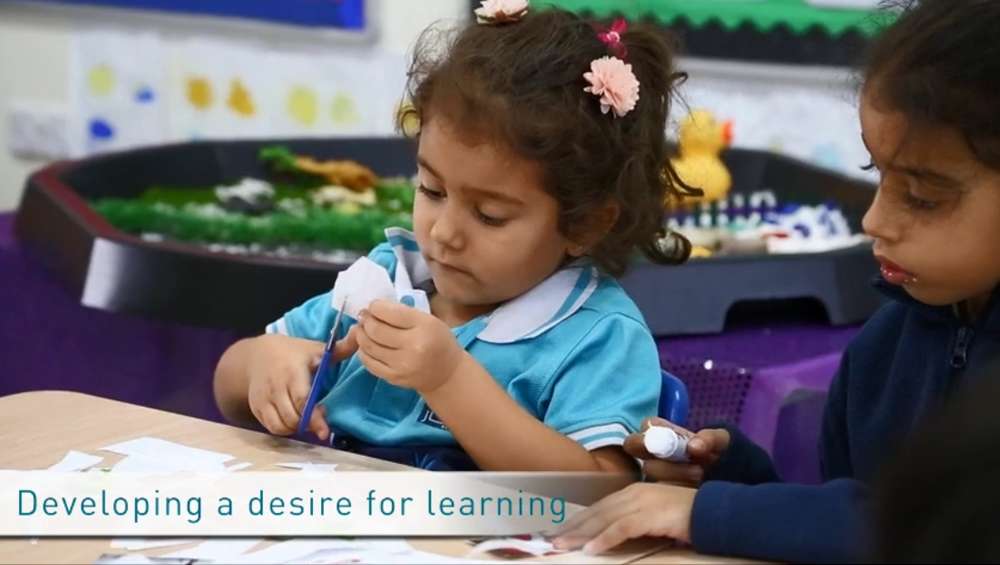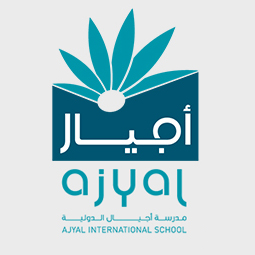Early Years Foundation Stage
Our EYFS curriculum is based on the British Early Years Foundation Stage Curriculum. Ajyal supports key areas of learning through holistic enquiry and play-based approaches that cover all curriculum areas including personal, social and emotional development.
Ajyal international school Education are developing a wide range of units with titles that will spark children’s imaginations, based on eight guiding principles:
- The earliest years of life are important in their own right.
- Children should be supported to learn and develop at their own unique pace.
- Play is an essential aspect of all children’s learning and development.
- Learning happens when developmentally appropriate teacher scaffolded and child-initiated experiences harness children’s natural curiosity in an enabling environment.
- Independent and interdependent learning experiences create a context for personal development and are the foundation of international mindedness.
- Knowledge and skills development lead to an increasing sense of understanding when children are provided with opportunities to explore and express their ideas in multiple ways.
- Ongoing assessment, in the form of evaluation and reflection, is effective when it involves a learning-link with the home.
- Learning should be motivating, engaging and fun, opening up a world of wonder for children where personal interests can flourish.
We will deliver learning for all of the areas through purposeful play and learning experiences, with a balance of adult-led and child-initiated activities. “Children’s play reflects their wide ranging and varied interests and preoccupations. In their play, children learn at their highest level.”
Through structured play our children will explore and develop learning experiences which help them make sense of the world. They will practice and build up ideas and learn how to control themselves and understand the need for rules. They will have the opportunity to think creatively alongside other children as well as on their own. They will communicate with others as they investigate and solve problems.
There are seven areas of learning and development that shape educational provision in early years settings. All areas of learning and development are important and inter-connected. Three areas are particularly crucial for igniting children’s curiosity and enthusiasm for learning, and for building their capacity to learn, form relationships and thrive:
- Personal, Social and Emotional Development
- Communication and Language
- Physical Development
Staff will also support children in four specific areas, through which the three prime areas are strengthened and applied:
- Literacy
- Mathematics
- Knowledge of the world
- Expressive arts and design
Your child’s progress will be reviewed when they’re between 3 and 4 by an early years practitioner or health visitor.
Their class teacher will assess them at the end of the school year when they turn 4. The assessment is based on classroom observation - your child won’t be tested. It uses the early learning goals.


